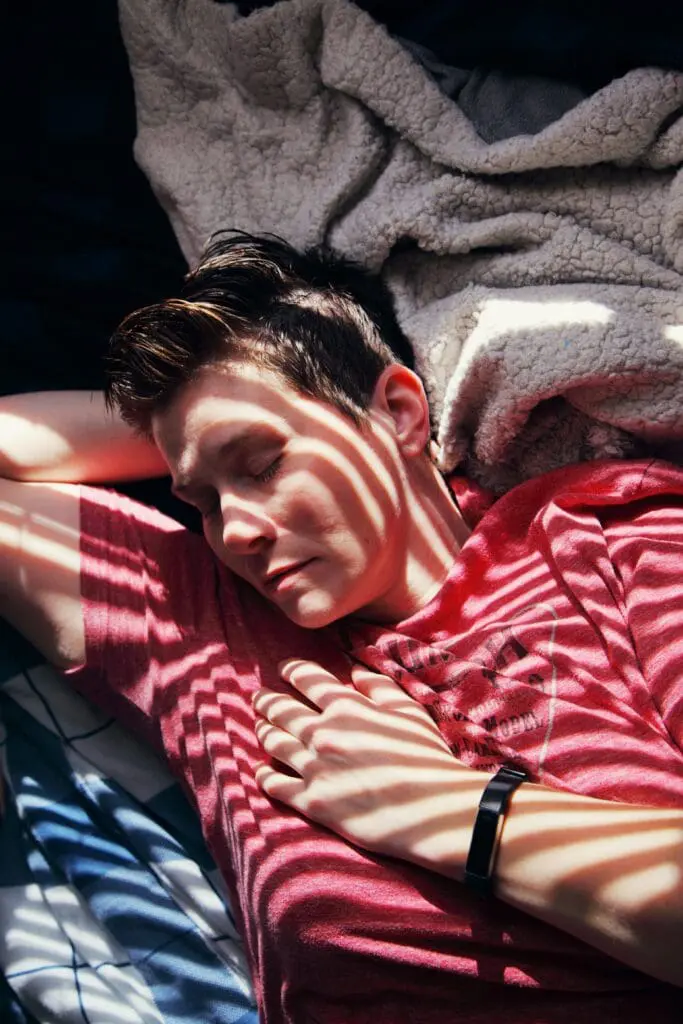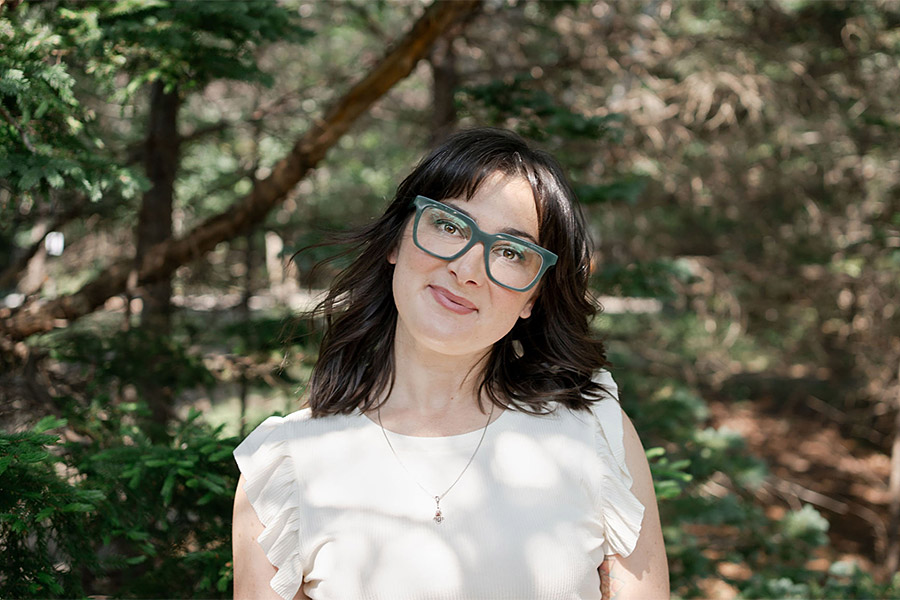 Sleep can be so evasive as an adult. And even if you are getting enough sleep, it might not be good quality sleep. Perfect sleep hygiene may not exist, but there are factors under your control that you could improve, and some health implications related to sleep that may require a check-in with your healthcare provider.
Sleep can be so evasive as an adult. And even if you are getting enough sleep, it might not be good quality sleep. Perfect sleep hygiene may not exist, but there are factors under your control that you could improve, and some health implications related to sleep that may require a check-in with your healthcare provider.
According to the Nova Scotia Health Authority (2022), here are 12 tips to guide you into blissful rest:
1. ROUTINE: Having a consistent bedtime and wake-up time is #1 when it comes to conditioning your mind and body that it’s time to wind down. Maybe this means taking a hot bath and limiting high-energy activities about 1 hour before bed. Schedule-in relaxation activities like guided mindfulness meditation, reading, or listening to nature soundscapes.
2. STRESS MANAGEMENT: Limit exposure to news and worrying close to bed (AM is better for that!) Instead, reserve the evenings for exposure to positive stories, staying connected to other people, or journaling before bed to help increase mood for better quality sleep. Try writing your worries and putting them in a “worry box”, play quiet music, or practice muscle relaxation techniques.
3. TEMPERATURE: Your body needs to be cool to get a good night’s sleep. The Sleep Foundation (2022) recommends keeping your bedroom between 15.6 to 19.4 degrees Celsius for the ideal sleeping environment throughout the year.
4. LIGHT: Because of your circadian rhythm and melatonin production, it’s important to have a dark bedroom at night. Black-out curtains are sometimes necessary.
5. AIR QUALITY: If you have mold build-up or dust mites, this can prevent good quality sleep because of allergens. Air can’t be too dry either. Depending on your situation you may benefit from an air purifier, or humidifier.
6. BEDDING: Find a pillow that fills the contour of your neck and supports neutral alignment. A body pillow or rolled towel between the knees also helps with good sleep posture.
7. SOUND: Limit noises and disturbances by closing your door or turning off electronics. If there is a lot of hustle and bustle or traffic outside, close your window or wear ear plugs.
8. PHYSICAL ACTIVITY: Research shows that regular physical activity is a fundamental component to stress reduction and promoting better quality sleep. The classic regiment of 3 days a week for 20 minutes at a time is what is suggested for exercise. 83% of people who exercise during the day sleep well compared to people who don’t exercise.
9. EATING: Don’t go hungry before bed! Stay hydrated too. Drinking 8 glasses a day (but not before bed) is what experts say.
10. DRUGS & ALCOHOL: Caffeine is considered a drug in food and plants. It’s in everything from sparkling water, food, drinks, and chocolate. Because it excites the nervous system, some folks are more sensitive to its effects. Health Canada claims that a moderate intake of 3 cups a day is not associated with negative health issues for adults (but to be avoided before bed). Alcohol also decreases sleep quality because it causes interference throughout your sleep cycle (even if it helps you fall asleep). Nicotine is a stimulant and withdrawal start 2 hours after use so it will disrupt sleep and take longer for you to fall asleep. Cannabis has a lot of mixed research so it’s too early to draw conclusions but, a study in 2020 showed that THC inhibits REM sleep.
11. NAPS: Avoid long day naps since they interfere with your night’s sleep. But a 10–30-minute nap is fine for relaxing and recharging.
12. SLEEP CHART: Being aware of what you are doing now is a good place to start. It’s suggested that people document their sleep each morning to see how patterns affect their sleep. Simply write the time you went to bed and woke up. A chart is also a nice tool to take with you to your primary care provider to discuss concerns and discuss the best interventions.
When making any changes in life, including sleep hygiene, you need to be ready to make behaviour changes. Check-in with yourself regarding readiness to predict your level of success with sleep hygiene. Speak to your health care providers or sleep specialist if you need treatment for a sleep disorder.
REFERENCES
Building Better Sleep (community workshop). February 2022. Nova Scotia Health Authority, Community Health Teams, Halifax, Nova Scotia.
Sleep Foundation. (2022). The Best Temperature for Sleep. Retrieved from https://www.sleepfoundation.org/bedroom-environment/best-temperature-for-sleep
M Carr, R Borcsok, M Taylor, S Segust, W Pigeon, C Bradshaw, 0159 Reduced REM Sleep Percent in Frequent Cannabis Versus Non-Cannabis Users, Sleep, Volume 43, Issue Supplement_1, April 2020, Pages A62–A63, https://doi.org/10.1093/sleep/zsaa056.157







